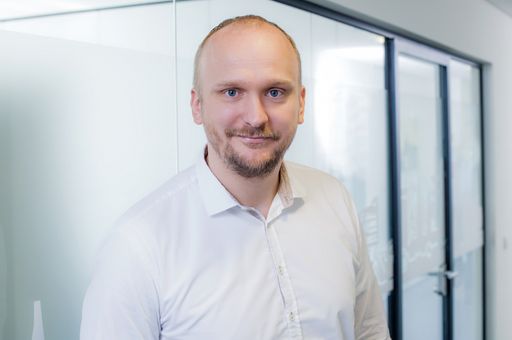Many households in Germany are interested in generating their own electricity with simple means. The reasons for this are to save energy costs or to become part of the energy transition towards sustainability. Accordingly, many companies have recognised this trend and are bringing balcony power plants to the German market.
What needs to be considered?
The components of a balcony power station fall under the EPR guidelines (EPR - Extended Producer Responsibility). These microstations must thus be registered in Germany in accordance with the Electrical and Electronic Equipment Act (WEEE), the Batteries Act and the Packaging Act, and the costs for future recycling must be factored in when such balcony power plants are placed on the market.
The WEEE Directive is implemented in the German Electrical and Electronic Equipment Act (ElektroG)
The following electrical appliances and their brands must be registered under this Act:
- Large photovoltaic modules (usually 2 to 4 modules are sold; the output of a private power microstation may currently not exceed 600 watts in Germany).
- Inverters, usually micro inverters < 50 cm edge length, fall under the category of “small appliances for use in private households” in Germany and must be registered as such.
- Cables mostly fall under the category of small appliances. In this case, the quantities must be reported monthly together with the inverters by weight.
If the electrical appliances are purchased in Germany, the first party to place them on the market is obliged to register them. It is important to look for the WEEE number when shopping. It must be stated on the invoice. Purchasing cables from German wholesalers is quite common here. The quantities do not even need to be reported again by the distributor.
However, as soon as the electrical appliances are purchased outside Germany (also from other EU countries), there is an obligation to register them.
Since there are currently microinverters in circulation that do not meet the compliance rules, please ensure when purchasing that the CE labelling is not only affixed, but that all other regulations have also been met. Subject: Product safety!
The Packaging Directive is implemented in the German Packaging Act
Distributors need a registration number referred to as the LUCID number without exception.
- The product packaging of solar technology falls under transport packaging for an output exceeding 110 watts. This does not call for system participation, but must be indicated in LUCID as the type of packaging.
- However, the shipping packaging (most balcony power plants are sold online) is subject to mandatory system participation. It must be registered as such with LUCID and you will need a take-back system to join in addition.
The EU Batteries Directive is implemented in the German Batteries Act
If you want to expand your product range and not only sell the plug-in system, there is an obligation to register the storage system in accordance with the Batteries Act.
- Storage systems in the solar sector are to be registered as industrial batteries with the relevant trademarks.
This will not change as a result of the new EU Batteries Regulation, which will take effect across Europe in February 2024.
- After registration you do not have to report the quantity placed on the market, unlike the situation with electrical appliances. You only need to report the quantities taken back once a year. You have an obligation to take back defective storage units. You will incur disposal costs as soon as the batteries are disposed of.
Do you need support in preparing the CE declaration of conformity for balcony power plants? trade-e-bility offers the suitable CE service.
If you have any questions or would like to register, please contact our advisory team on +49/40/750687-0 or at consulting@take-e-way.de
If you place more than 5t of solar modules on the market each year, please contact our consultancy team directly, or use the contact form at https://www.take-e-way.com/photovoltaics/
Here you will also find support when selling to other EU countries.

